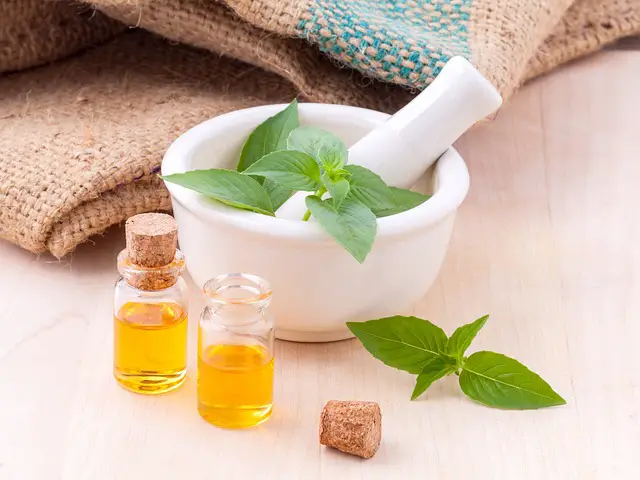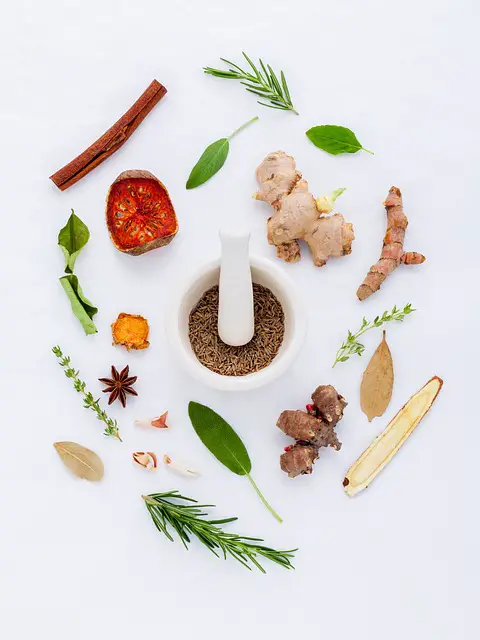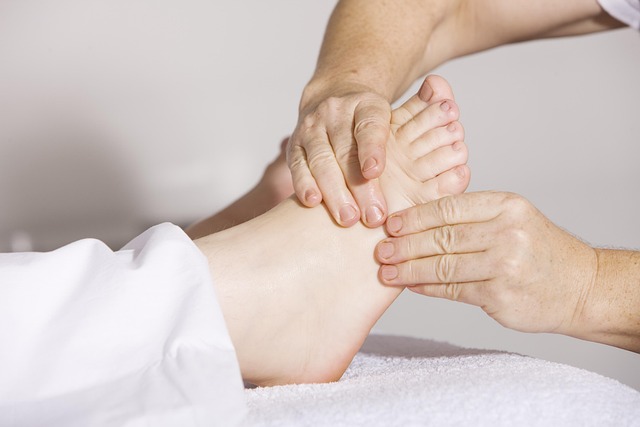As we all know, depression is a common mental health condition that can cause feelings of sadness, hopelessness, and loss of interest in daily activities.
While there are many different treatment options available for depression, some people prefer to explore natural remedies and lifestyle changes to help manage their symptoms. I am sure you would also prefer these natural solutions.
In this blog post, we will discuss the top 9 natural remedies for managing symptoms of depression.
9 Natural Remedies For Managing Symptoms Of Depression
1. Exercise
I am sure you already know that exercise will make us number one on the list. It made it to the first list here due to its acceptance to be a great weapon against depression.

Exercise is a powerful natural remedy for depression. It has been shown to increase levels of endorphins, which are feel-good chemicals in the brain.
Exercise can also help improve sleep, reduce stress, and increase self-esteem. Experts recommend getting at least 30 minutes of moderate exercise most days of the week.
2. A Healthy Diet
Eating a healthy diet that is rich in fruits, vegetables, whole grains, and lean proteins can help improve mood and reduce symptoms of depression.

Foods like salmon, nuts, and seeds are high in omega-3 fatty acids, which have been shown to have antidepressant effects. On the other hand, processed and sugary foods can have the opposite effect.
3. Meditation and Mindfulness Practices
Meditation and mindfulness practices like yoga and tai chi can help reduce stress, anxiety, and symptoms of depression.

These practices can also help increase feelings of calm and relaxation, which can improve overall mental health.
4. Aromatherapy
Aromatherapy involves using essential oils to promote relaxation and reduce stress.

Some oils, like lavender and chamomile, have been shown to have calming effects that can help reduce symptoms of depression.
Aromatherapy can be used in a diffuser, added to bath water, or used topically with carrier oil.
5. Herbal Supplements
Herbal supplements like St. John’s Wort and ginkgo biloba have been used for centuries to treat a variety of health conditions, including depression.

St. John’s Wort is a popular natural remedy for depression and is as effective as some prescription antidepressants.
However, it can interact with other medications, so it is important to talk to a doctor before taking any herbal supplements.
6. Spending Time Outdoors
Spending time outdoors and in nature can help improve mood and reduce symptoms of depression.

Studies have shown that spending time in green spaces can reduce symptoms of depression, anxiety, and stress.
So, take a walk in the park or spend time gardening to help boost your mood.
Do you have a friend who is suffering from depression? Check this out now.
7. Massage Therapy
Massage therapy can help reduce muscle tension and promote relaxation, which can help reduce symptoms of depression.

It has also been shown to increase levels of serotonin and dopamine, which are neurotransmitters that play a role in mood regulation.
8. Acupuncture
Acupuncture involves inserting small needles into specific points on the body to help reduce pain and promote healing.

It has been shown to have antidepressant effects and can help reduce symptoms of depression when used in conjunction with other treatments.
9. Art Therapy
Art therapy involves using creative expression to help reduce symptoms of depression.

It can help improve mood, increase self-esteem, and reduce stress. Art therapy can involve painting, drawing, or any other form of creative expression.
Also Read: Is Depression Curable or Incurable? What you should know
Wrapping Up: Top 10 Natural Remedies for Managing Symptoms of Depression
Incorporating natural remedies and lifestyle changes like exercise, healthy eating, meditation, aromatherapy, spending time outdoors, massage therapy, acupuncture, and art therapy can help manage symptoms of depression.
However, it’s important to remember that these remedies are not a substitute for professional medical care, and it’s always recommended to talk to a healthcare professional before making any changes to your treatment plan.
By taking a holistic approach to managing depression, you can work towards a happier and healthier life.
